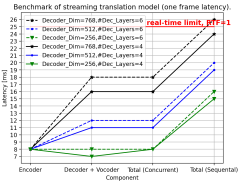Authors: Dimitris Karakostas, Aggelos Kiayias, Thomas Zacharias
Published on: February 09, 2024
Impact Score: 8.35
Arxiv code: Arxiv:2402.06352
Summary
- What is new: The research provides a new game theoretic analysis of bribing in distributed ledgers, differentiating between guided and effective bribing, and introduces incentive-based mitigation techniques.
- Why this is important: The problem being addressed is the vulnerability of distributed ledgers to bribing attacks, where maintainers are financially incentivized to behave in a way that compromises the protocol.
- What the research proposes: The proposed solution involves analyzing bribing attacks through game theory to identify equilibria and suggest mitigation techniques like slashing and dilution that can strengthen the protocol against such attacks.
- Results: The analysis finds that guided bribing requires additional mitigations, while effective bribing results in a more stable equilibrium. The suggested mitigations can make the protocol robust against attacks, with particular configurations leading to maximal welfare for all involved parties.
Technical Details
Technological frameworks used: Game theoretic analysis
Models used: Equilibrium identification, Prices of Stability and Anarchy computation
Data used: Hypothetical scenarios of bribing attacks on distributed ledger protocols
Potential Impact
Blockchain and cryptocurrency companies, particularly those operating distributed ledgers, could benefit from these insights by enhancing their security protocols against bribing attacks.
Want to implement this idea in a business?
We have generated a startup concept here: SecureLedgerTech.



Leave a Reply